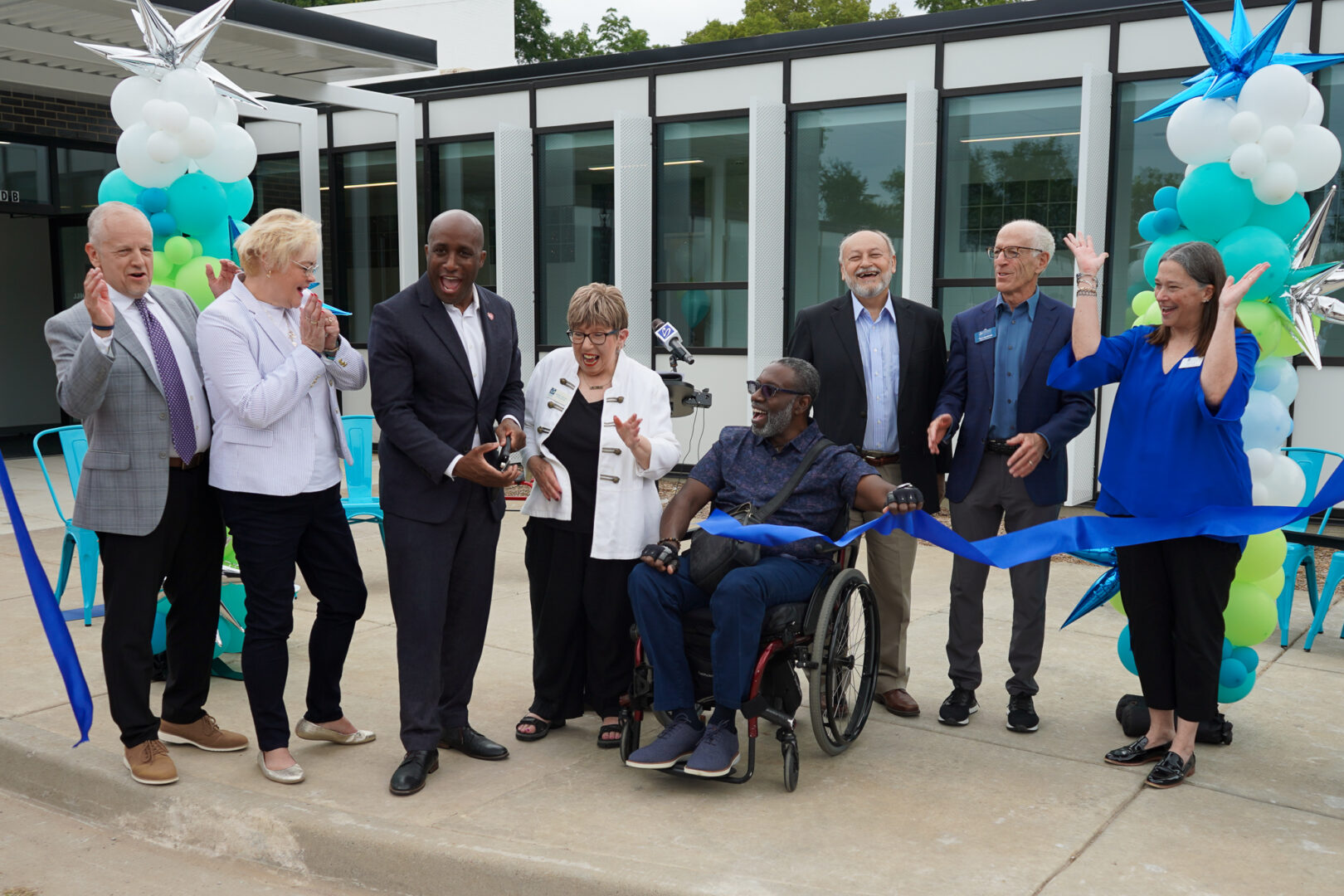According to the Missouri Coalition Against Domestic and Sexual Violence (MCADSV, 2022), domestic violence is a pattern of assaultive and coercive behaviors used by one partner (whether an adult or adolescent) against a current or former intimate partner. These behaviors may be physical, sexual, emotional, psychological, or financial in nature.
In the United States, millions of women are affected by intimate partner violence every year. This staggering number reflects a broader statistic: 1 in 4 women will experience domestic violence in their lifetime. Approximately 40% of individuals in the LGBTQ+ community report experiences of domestic violence (LGBTQ DVA Foundation, 2020).While men can also be victims, approximately 85% of survivors are women.
Examples of domestic violence include:
- Name-calling, belittling, and emotional abuse
- Intimidation, isolation, and manipulation
- Controlling finances or withholding money
- Physical assault (e.g., hitting, pushing, strangling)
- Sexual violence or coercion
- Stalking and harassment
The Role of Synergy Services
Synergy Services is a nonprofit organization that provides comprehensive support to individuals and families impacted by domestic violence. Each year, Synergy delivers thousands of hours of emergency and long-term services, using a holistic approach that ensures survivors receive not only immediate protection but also long-term resources for healing and rebuilding. Our staff works to provide wrap-around services to the offender to reduce the risk of additional violence, develop relationships with other community agencies to increase a survivor’s resources, and are part of the Metro Family Violence Coalition, a partnership between domestic violence programs in the Kansas City Metro, to be part of a seamless safety net for survivors and their families.
Jennifer’s Story: A Journey Through Abuse and Survival
The story of Jennifer and Steve is a composite based on real experiences shared by survivors who’ve sought help at Synergy. Jennifer’s relationship with Steve began like many others, with love and promise. After completing college and launching her career, Jennifer met Steve, who professed his love early in the relationship and showered her with affection, gifts, and promises of a wonderful life together. Jennifer fell in love, got married, and began building a family with Steve. A devout couple, they embraced traditional roles: Steve worked, and Jennifer left her job to care for their growing family.
But as their family grew, so did Steve’s jealousy and need for control. His behavior followed a recognizable cycle: tension building, explosive outbursts, and moments of remorse and manipulation. What began as verbal insults and emotional degradation escalated to physical violence, including shoving, hitting, and ultimately, life-threatening assaults.
Despite the abuse, Jennifer, like many survivors, held on to hope. After every violent incident, Steve apologized, showered her with gifts, and promised change, and like many victims, Jennifer believed him because she loved him.
Hiding the Pain
Outwardly, Jennifer worked hard to maintain the appearance of a “normal” suburban life. She lied about her bruises and made excuses to friends and family. Over time, she became withdrawn, her once vibrant personality fading under the weight of constant fear and self-blame. She believed if she could just be better, more loving, more supportive, more perfect, Steve would stop.
But he didn’t.
In fact, the violence worsened during her third pregnancy. One evening, after claiming she had burned dinner, Steve brutally attacked her. He slammed her against the wall, kneed her chest, and strangled her until she lost consciousness. Jennifer, terrified for her life and her unborn child, knew she couldn’t stay.
The Escape and Aftermath
When she awoke, Steve was gone. Grabbing two backpacks and her two children, she fled. She was eight months pregnant and desperate for safety. On the road, she spotted a police officer, pulled over, and asked for help. She was taken to the hospital, where a domestic violence advocate helped her develop a safety plan that led her to Synergy’s Domestic Violence Center.
Jennifer’s story did not end with her escape. Like many survivors, she faced ongoing challenges such as healing from her injuries, giving birth to her third child, and resisting Steve’s repeated attempts to lure her back. The average domestic violence survivor leaves and returns to their abuser five to seven times before leaving permanently. Jennifer stuck with it, however, and with the support of a team of advocates, case managers, and a therapist, she was able to continue moving forward.
Using Synergy’s Services
Recognizing that her relationship with her children was strained due to the violence they witnessed, Jennifer applied for Synergy’s Attachment-Based Parenting Program at the Children’s Center. She and her children transitioned to that shelter, where she attended groups and classes that helped her and her children find healing together. The children received play therapy services, and an attachment specialist worked with Jennifer and her children together to help them rebuild healthy attachment. While there, she was invited to apply for the Domestic Violence Housing Program.
After graduating from the Attachment-Based Parenting Program, Jennifer was able to move into her own fully furnished apartment in the DVHP scattered-site housing program. This assistance will soon be continued at Forest Hill Village, Synergy’s new apartment complex for survivors. Here, she will be offered two years of rent and utility assistance, ongoing advocacy and case management support, and on-site therapy and support groups to help her and her children maintain their healing journey. The program provides on-site childcare assistance, allowing her to find employment, and the rent that she pays will be put into a savings account to help her prepare for their future.
During this time, Jennifer has had to navigate her divorce and a custody battle. She feared for her children’s safety, even though Steve had never physically harmed them. Emotional abuse and verbal intimidation were part of his pattern. Thankfully, the judge in her case ordered supervised visitation and required Steve to complete an Offender’s Intervention Program.
At the end of her two years in the Domestic Violence Housing Program, Jennifer will receive a portable Housing Choice Voucher, which she can use to rent an apartment that she and her children can remain in permanently. Jennifer and her children can find peace, due to the safety and stability provided by Synergy’s programs, which have allowed her the time, support, and resources she needs.
Why Leaving is So Difficult
People often ask, “Why don’t they just leave?”. One way to understand is to compare it to a job you dislike. Why stay? Because of money, security, health insurance, fear of change, and the hope that it might improve. Now, imagine if your job could kill you if you tried to leave. For many domestic violence survivors, leaving is the most dangerous time, with threats, stalking, and even murder as very real risks.
There Is Help
Synergy Services provides free or income-based care across six counties in the Kansas City metro area. Key domestic violence programs include:
- Domestic Violence Center: Emergency shelter and care for families fleeing domestic violence.
- Children’s Center Attachment-Based Parenting Program: Shelter and attachment-focused services for domestic violence survivors and their children to rebuild family bonds that are often damaged while experiencing violence.
- Domestic Violence Housing Program: A rapid rehousing program that provides trauma-informed housing services to domestic violence survivors and their families.
- 24-Hour Crisis Hotline: Free, confidential support for domestic violence survivors and youth in crisis
- Mental Health Counseling: Outpatient counseling and family therapy
If you or someone you know is experiencing domestic violence, there is help:
Synergy Services:
- Crisis Line: 816-587-4100 or 816-321-7050
- Visit: www.synergyservices.org
You can also support Synergy Services through:
- Volunteering – Email anissa@synergyservices or visit our webpage to learn more.
- Donating – Financial contributions help sustain free services for those in crisis. Make a donation today!
Together, we can break the cycle of abuse and create a community where survivors are safe today and strong tomorrow.




